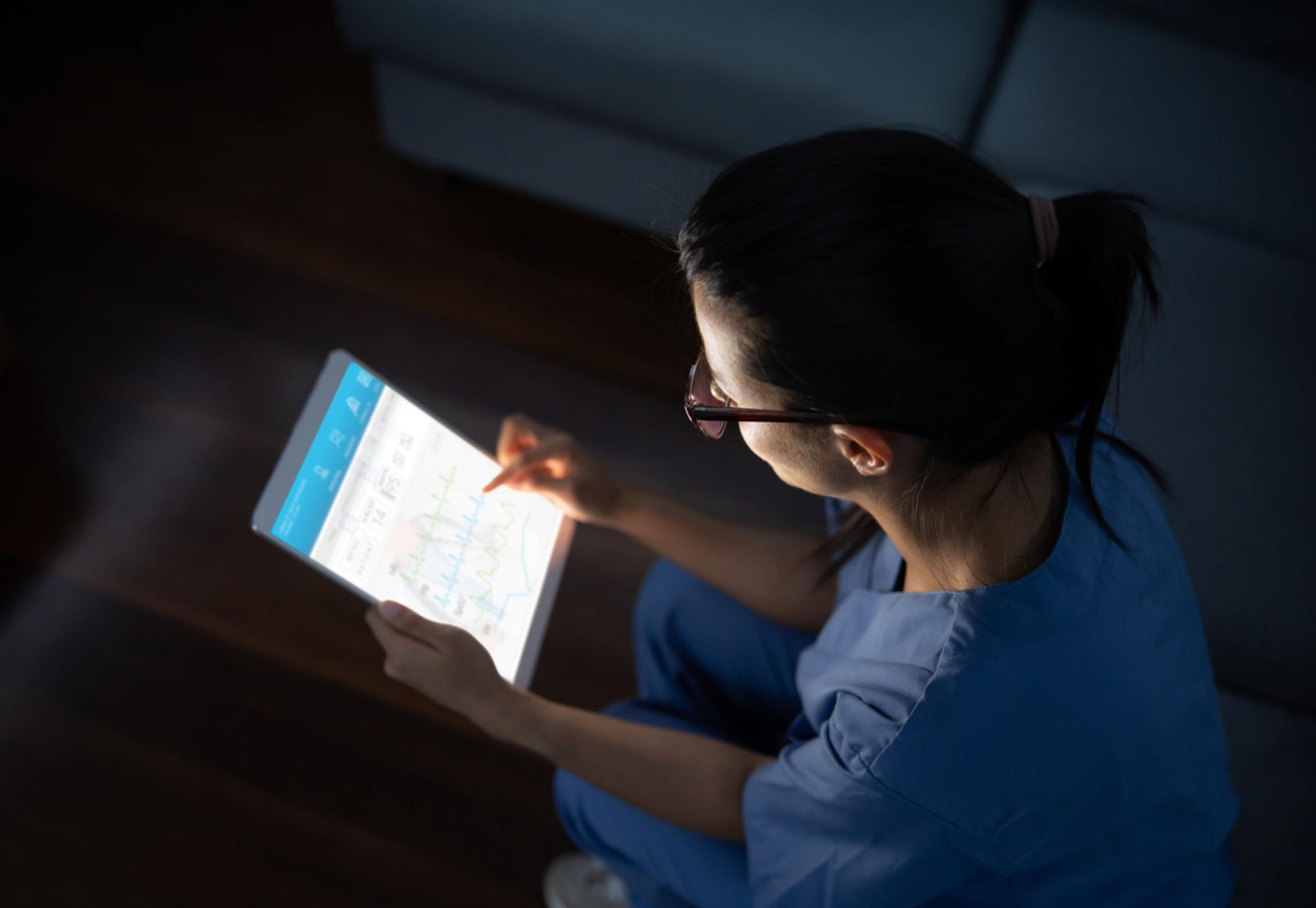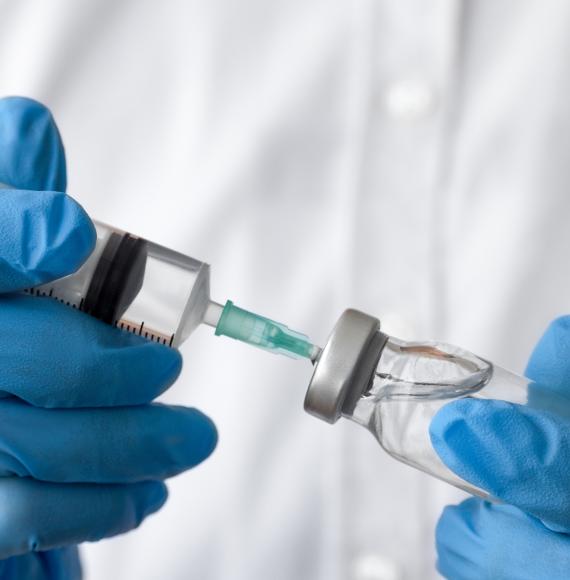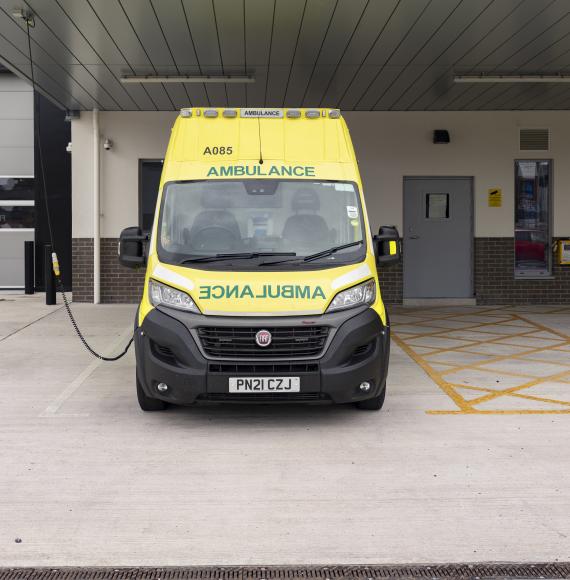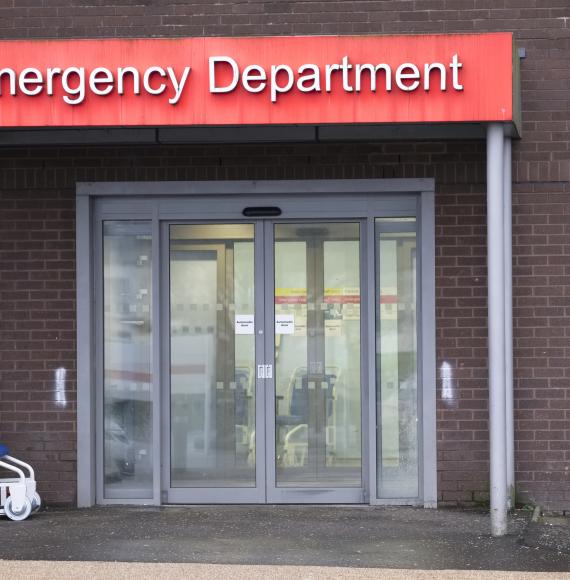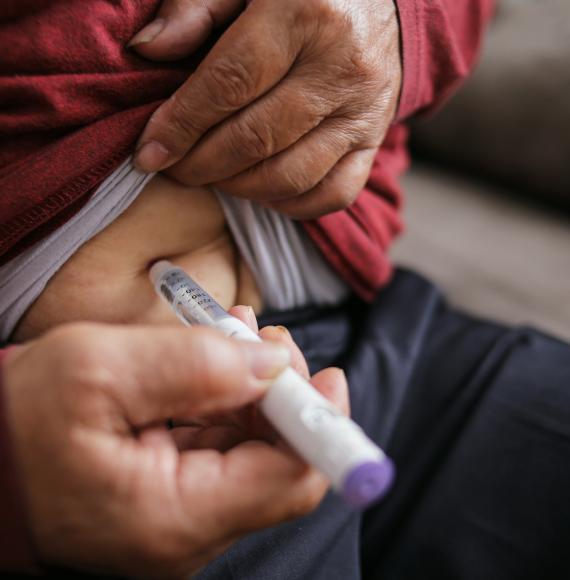Around £7.8m has been ringfenced for seven new research projects that will help streamline the adoption of new NHS technology.
The funding – a joint venture between the National Institute for Health and Care Research and the Office for Life Sciences – will help the beneficiaries gather real-world data for their innovations, which have been recommended for early use in the NHS through the National Institute for Health and Care Excellence’s Early Value Assessment process.
Research projects
The projects that are receiving support include everything from online cognitive behavioural therapy and digital weight loss support, all the way to virtual reality therapy for mental health issues.
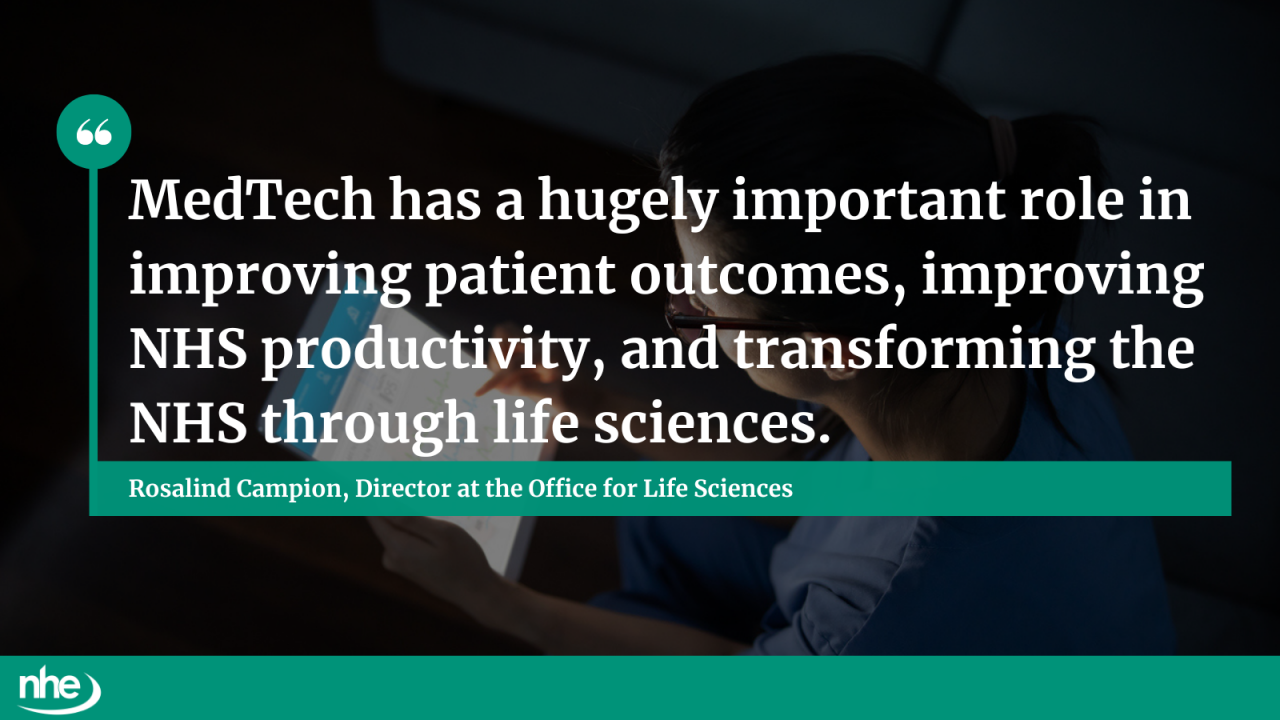
The funded projects include:
- Internet-enabled cognitive behavioural therapy for adults with depression or anxiety disorders – University of Sheffield
- Evaluating digitally enabled cognitive therapies for PTSD and social anxiety disorder – University of Oxford
- Long-term impact of using digital tool Gro Health W8Buddy – University of Warwick
- Clinical and cost-effectiveness of digital technology for low back pain – University of the West of England, Bristol
- Integrating digital innovation in weight management – Guy’s and St Thomas’ NHS Foundation Trust, Health Innovation Network South London, and King’s College London
- Gamechange VR for patients with severe mental health difficulties – University of Oxford
- Pharmacogenetics to avoid loss of hearing – Manchester University NHS Foundation Trust
Ultimately, the investment aims to support the UK’s ambition to be a leading testbed for late-stage health innovations, in turn helping industry partners generate the evidence needed to achieve full NICE guidance.
Hotbed of innovation
“The UK is a hotbed of innovation but the NHS sometimes misses out on the opportunity to adopt new digital technologies at scale,” said Professor Mike Lewis, the NIHR’s scientific director for innovation, in response to the funding announcement.
“This competition gives seven organisations the chance to gather the real world evidence to show impact and support their adoption at scale."
Rosalind Campion, director at the Office for Life Sciences, added: "MedTech has a hugely important role in improving patient outcomes, improving NHS productivity, and transforming the NHS through life sciences. However, its full potential is held back without the ability to generate the Real World Evidence needed to support wider access and uptake.
“That is why I am delighted that the Office for Life Sciences is supporting this pilot with the ultimate aim of ensuring patients have timely access to the medical technologies that they need."
Image credit: iStock

